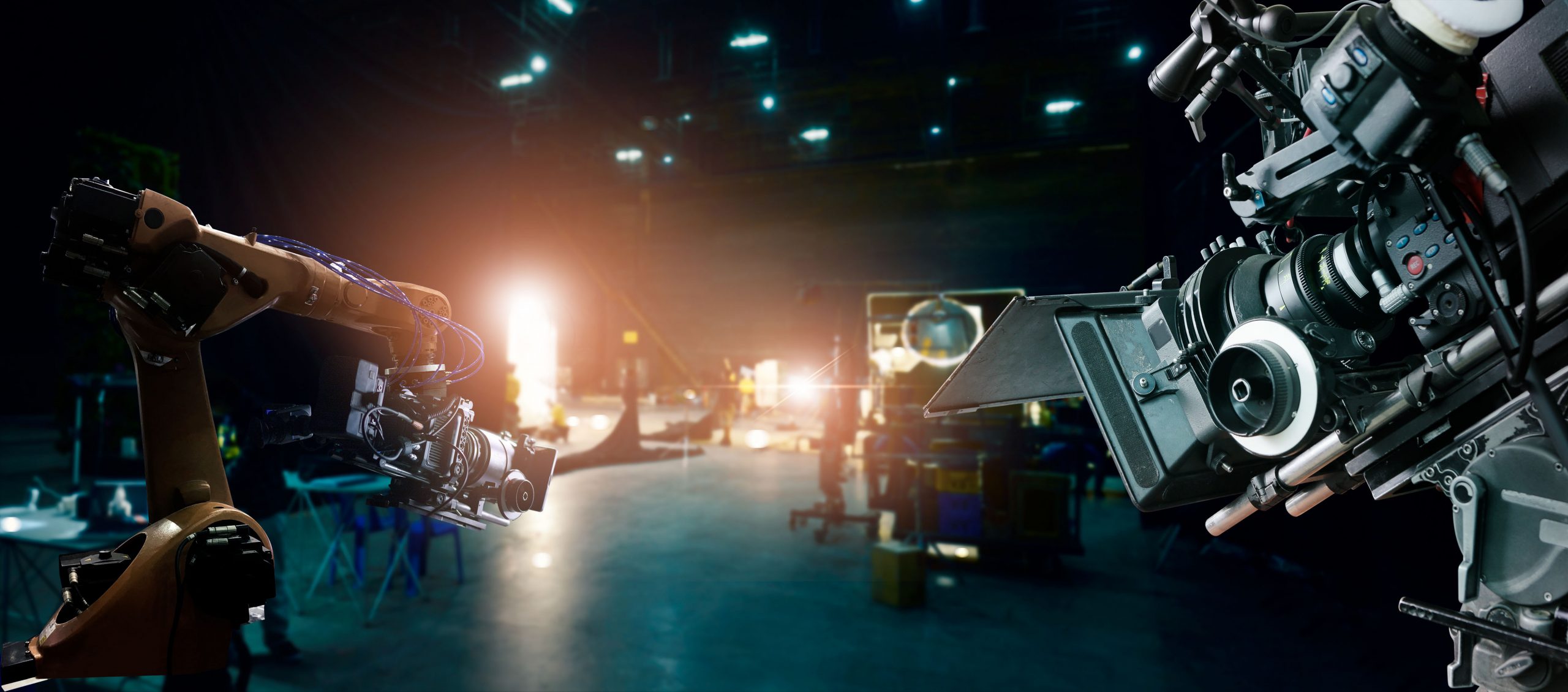
The Impact of Artificial Intelligence in the Film Industry: Exploring AI's Role in Movie Production and Special Effects
By Adedayo Ebenezer Oyetoke Published on: July 13th 2023 | 5 mins, 869 words Views: 623
The film industry, a realm of creativity and innovation, has always been at the forefront of technological advancements. From the early days of silent black-and-white films to the modern era of 3D and IMAX experiences, technology has continually reshaped the way we create and consume cinematic content. One of the most transformative technologies in recent years is Artificial Intelligence (AI). This blog post will delve into the fascinating world of AI's impact on movie production and special effects, unraveling the magic behind the scenes.
AI in Movie Production
1. Scriptwriting and Storytelling
AI has begun to infiltrate the creative process of scriptwriting. Machine learning algorithms can analyze vast amounts of data from previous successful scripts to generate new ones. They can identify patterns, themes, and structures that resonate with audiences, providing valuable insights to scriptwriters. However, AI is not here to replace human creativity but to augment it, offering a fresh perspective and innovative ideas.
2. Casting
AI can also assist in the casting process. By analyzing data from previous films, including box office performance, audience demographics, and social media sentiment, AI can suggest a cast that would best fit a particular script and appeal to the target audience. This data-driven approach can help mitigate the risks associated with film production.
3. Film Editing
AI is revolutionizing film editing by automating the labor-intensive process. AI algorithms can analyze hours of footage to identify the best shots based on predefined criteria such as lighting, composition, and actors' performances. This not only speeds up the editing process but also ensures a high-quality output.
AI in Special Effects
1. CGI and VFX
AI has significantly enhanced the capabilities of Computer-Generated Imagery (CGI) and Visual Effects (VFX). Machine learning algorithms can generate realistic textures, lighting effects, and even lifelike characters, reducing the time and effort required by human artists. Films like "The Lion King" (2019) and "Avengers: Endgame" (2019) are testament to the incredible potential of AI in creating stunning visual effects.
2. Deepfakes
Deepfakes, a technique powered by AI, has made it possible to create highly realistic digital doubles of actors. This technology can be used to de-age actors, resurrect deceased ones, or even create entirely new performances. While this raises ethical concerns, it also opens up exciting possibilities for storytelling.
3. Virtual Reality (VR) and Augmented Reality (AR)
AI, combined with VR and AR, is creating immersive cinematic experiences. AI algorithms can generate interactive elements in real-time, allowing audiences to step into the movie's world. This is not just a new form of entertainment but a whole new art form.
4. Predictive Analytics
AI's predictive analytics capabilities are being utilized in the film industry to make data-driven decisions. By analyzing audience preferences, social media trends, and market data, AI algorithms can predict the potential success of a film. This helps studios and producers make informed choices regarding budget allocation, marketing strategies, and distribution plans.
5. Audience Engagement and Personalization
AI-powered algorithms can analyze audience behavior and preferences to personalize the movie-watching experience. Streaming platforms like Netflix and Amazon Prime use AI to recommend movies based on individual viewing history, ratings, and genre preferences. This not only enhances user satisfaction but also helps filmmakers understand their target audience better.
6. Sound Design and Music Composition
AI is making its mark in sound design and music composition for films. Machine learning algorithms can analyze existing soundtracks and compositions to generate new ones that evoke similar emotions or match specific scenes. This technology allows filmmakers to experiment with different musical styles and soundscapes, enhancing the overall cinematic experience.
7. Production Optimization and Cost Reduction
AI's ability to analyze large datasets and optimize processes is helping streamline film production. From scheduling shoots to managing logistics, AI algorithms can identify inefficiencies and suggest improvements, ultimately reducing costs and increasing productivity. This allows filmmakers to allocate resources more effectively and focus on creative aspects of the production.
8. Real-time Feedback and Testing
AI-powered tools enable filmmakers to gather real-time feedback during test screenings. By analyzing audience reactions, facial expressions, and emotional responses, AI algorithms can provide valuable insights into how a film is resonating with viewers. This feedback can inform editing decisions and help refine the final product before its release.
9. Language Translation and Localization
AI-powered language translation tools are invaluable in the global film industry. They enable filmmakers to translate scripts, subtitles, and promotional materials accurately and efficiently, making films accessible to a wider audience. AI algorithms can also assist in localizing content by adapting cultural references and idiomatic expressions to suit different regions.
10. Risk Assessment and Market Analysis
AI's data analysis capabilities are instrumental in assessing the risks associated with film production and distribution. By analyzing historical data, market trends, and audience preferences, AI algorithms can provide insights into the potential success of a film in different markets. This helps studios make informed decisions regarding international distribution and marketing strategies.
In conclusion, the impact of AI in the film industry is multifaceted and transformative. From scriptwriting to special effects, AI is revolutionizing the way movies are made, enhancing creativity, efficiency, and audience engagement. While AI offers immense potential, it is essential to strike a balance between technological advancements and human creativity. The collaboration between AI and human filmmakers can unlock new realms of storytelling and cinematic experiences, ensuring that the magic of the film industry continues to captivate audiences worldwide.